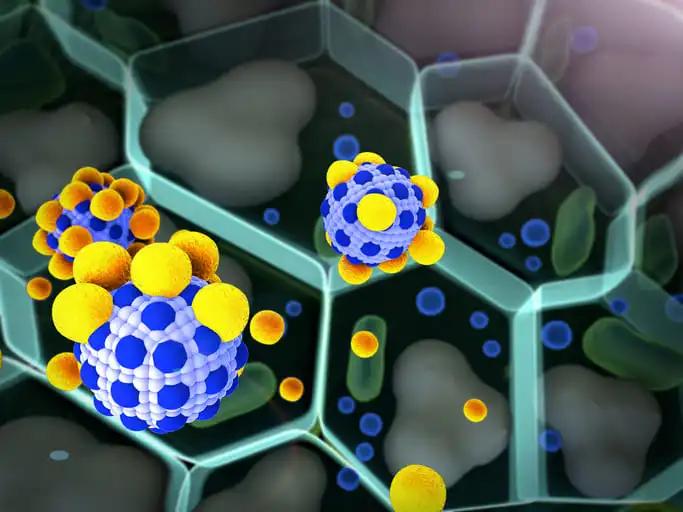KEY TAKEAWAYS
- This ongoing phase 1b study evaluated the safety and activity of cevostamab alone (Arm A) or with pom + dex (Arm B) or dara + dex (Arm C) in RRMM pts.
- The combo of cevostamab, pomalidomide, and dexamethasone showed strong efficacy in treating RRMM patients.
The ongoing Phase 1b CAMMA 1 study assessed the safety and efficacy of cevostamab as a solo treatment (Arm A) and with pomalidomide and dexamethasone (Arm B) or daratumumab and dexamethasone (Arm C) in patients (pts) with refractory or relapsed multiple myeloma (RRMM). This report provides preliminary data from the safety run-in of Arm B, and it marks the first set of efficacy results for a combination of a non-BCMA-targeting bispecific antibody and an immunomodulatory drug (IMiD).
Eligible pts were diagnosed with RRMM and had undergone at least two previous treatment regimens, including at least one immunomodulatory drug (IMiD) and one proteasome inhibitor. Previous exposure to pomalidomide is acceptable. Following an initial pre-phase incorporating step-up dosing, cevostamab is administered intravenously every two weeks for cycles 1 through 6, each lasting 28 days. Starting from cycle 7, the administration frequency changes to every four weeks. Starting from the first cycle, pomalidomide (4 mg orally) is given on days 1 to 21, while dexamethasone (20 mg) is scheduled for days 1, 8, 15, and 22. The investigator has the discretion to omit dexamethasone from cycle 5 onward. Treatment is maintained until either disease progression or unacceptable toxicity.
As of the data cut-off on February 20, 2023, the study enrolled eight pts with a median age of 64.5 years. These pts had received a median of four prior lines of therapy and were exposed to three classes of drugs. The median duration of follow-up was 4.8 months. All eight pts responded to the treatment, with varying degrees: one patient (12.5%) achieved a complete response, three pts (37.5%) had a very good partial response, and four (50%) exhibited a partial response. As of the cut-off date, all eight responders showed treatment response, with seven still active in the study.
Regarding adverse events, Grade 3–4 events were reported in seven pts (87.5%), most commonly manifesting as neutropenia. Cytokine release syndrome was observed in seven pts as well, with two experiencing Grade 3 events. These Grade 3 events occurred during the initial cevostamab phase before the introduction of pomalidomide and resolved without further complications. All pts had some form of adverse event leading to dose alteration or temporary cessation of treatment. No fatal adverse events were reported. One patient left the study due to a severe adverse event characterized as a Grade 3 drug reaction with eosinophils and systemic symptoms (DRESS) following exposure to cevostamab, pomalidomide, and dapsone.
Cevostamab, pomalidomide, and dexamethasone demonstrated notable efficacy in treating RRMM pts. Further studies are needed to fine-tune the benefit-to-risk ratio.
Clinical Trial: https://classic.clinicaltrials.gov/ct2/show/NCT04910568
Jelinek, T. Novel combination immunotherapy for relapsed/refractory multiple myeloma (RRMM): initial Phase 1 safety run-in results for cevostamab in combination with pomalidomide and dexamethasone.



